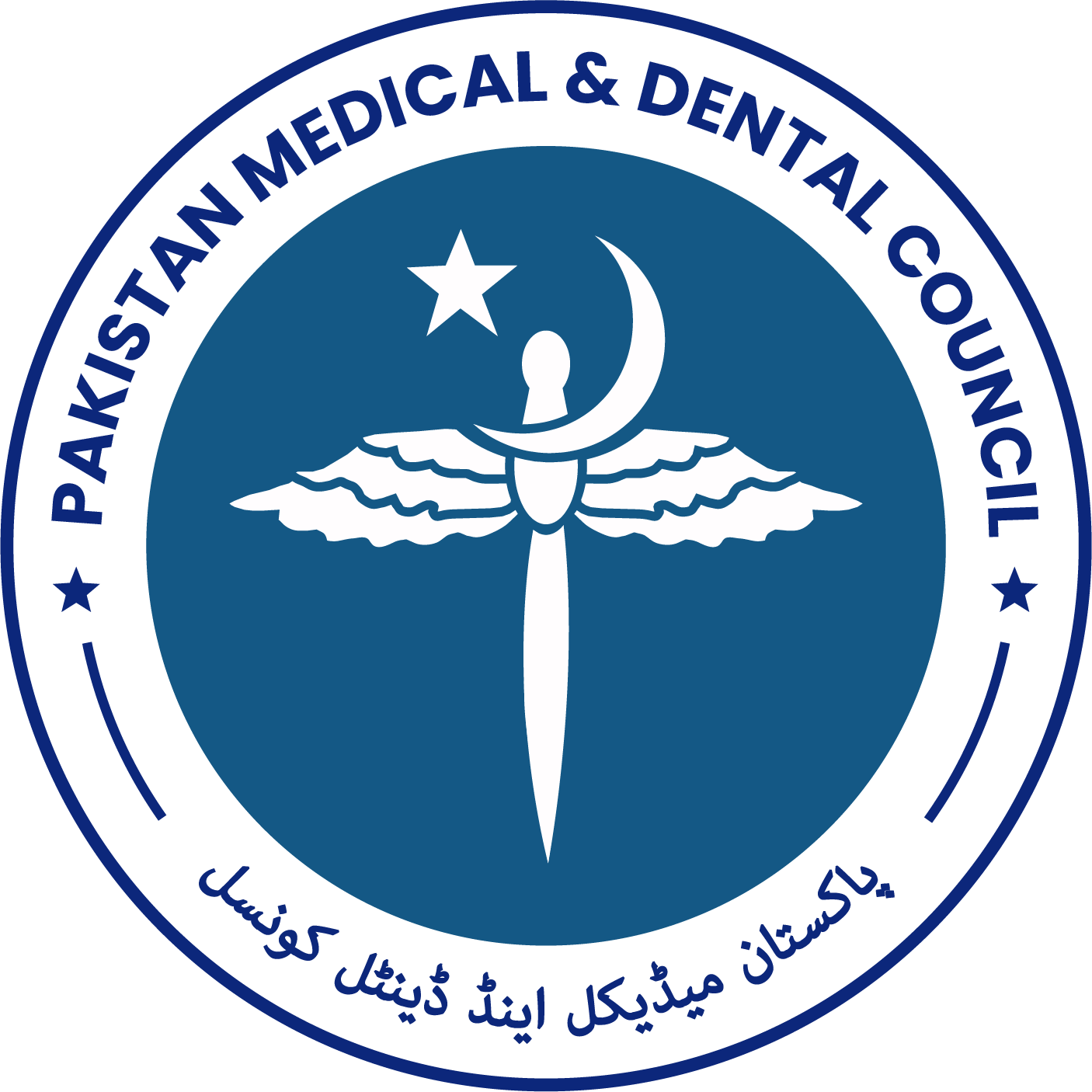Strengthening Health Security through Sustainable Vaccine Economics and Equity
Abstract
The COVID-19 pandemic has highlighted substantial inequities in access to vaccines. A primary reason behind this inequity was the concentration of manufacturing capacity in developed regions of the world. The lack of a distributed spread of local facilities has meant that many countries are reliant on global suppliers and manufacturers, making the low- and middle-income countries (LMICs) vulnerable to pandemics.1 Addressing this imbalance in terms of accessibility to life-saving vaccines is crucial for health security and vaccine equity.
Gavi’s new five-year strategy (Gavi 6.0’ for 2026–2030) aims to address these issues with a vision “leaving no one behind with immunisation”. GAVI mission was revised for Gavi 5.0 and puts ‘equity’ at the heart of the Alliance’s strategy to increase equitable and sustainable use of vaccines. GAVI 6.0 incorporates a new principle on the climate change while equity will remain at the core of Gavi’s next strategy, as a key contribution to the Immunisation Agenda 2030 (IA 2030) and the Sustainable Development Goals. At the heart of the Gavi model is also a unique approach to programmatic and financial sustainability.2 Grounded in Gavi’s eligibility, transition and co-financing (ELTRACO) policy, the model has been highly successful so far in bolstering country ownership of vaccine programmes and in driving domestic public resource allocation towards immunisation. From 2011 to 2023, countries increased their resources for Gavi-supported vaccines from US$ 36 million to US$ 630 million, representing 41% of the combined investment by Gavi and countries into routine, Gavi-supported vaccines. At the end of 2023, 19 countries had fully transitioned out of Gavi support.
In line with Gavi’s vaccine policy, based on the country’s Gross National Income (GNI); Pakistan will eventually graduate from GAVI support which would result in added economic capitals to sustain the vaccine accessibility which are acquired as country co-financing share. Despite progress, immunisation coverage in Pakistan remains low, and the country has not met its 2015 health, nutrition, and population (HNP) Millennium Development Goals targets.4 Establishing a local vaccine manufacturing facility is imperative to reduce reliance on contract manufacturing and streamline the supply chain for the Expanded Programme on Immunisation (EPI) and health security.
The BioNTech mRNA Vaccine Manufacturing Facility in Rwanda serves as a model for sustainable vaccine production in LMICs. With a $150 million investment and local personnel training, the facility aims to produce mRNA-based vaccines by 2025, promoting vaccine production and supply in African Union member states. Similar initiatives can be replicated regionally to enhance vaccine self-sufficiency.5 Currently, over 60% of BCG and over 80% of measles vaccines are produced in India and Indonesia, underscoring the need for Pakistan to develop its vaccine production capabilities. The domestic market’s annual vaccine intake is Rs 17.6 billion, indicating substantial demand and potential for local manufacturing.6
Developing the capacity for essential immunisation in the country requires more than market-driven solutions. Achieving global vaccine equity demands transparency, active government oversight, favourable intellectual property policies, proactive technology transfers, and building regional technical, manufacturing, and regulatory capacities. Public-private partnerships (PPP) can expedite the establishment of Bioequivalence and Bioavailability centres, ensuring sustainable vaccine technology aligned with international standards (FDA, WHO, EU). By addressing these challenges, we can create a resilient and equitable global health security system, ensuring vaccine equity and sustainability in the fight against infectious diseases.
Editor-in-Chief
How to cite this: Alamgir W, Sajjad W. Strengthening Health Security through Sustainable Vaccine Economics and Equity. Life and Science. 2024; 5(3): . doi: http://doi.org/10.37185/LnS.1.1.768
Copyright (c) 2024 Wasim Alamgir, Wasim Sajjad

This work is licensed under a Creative Commons Attribution-NonCommercial 4.0 International License.















